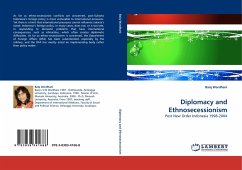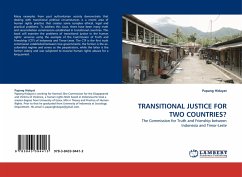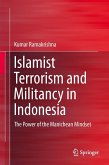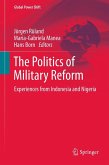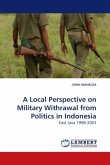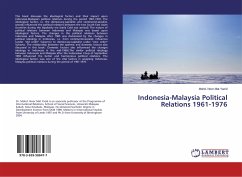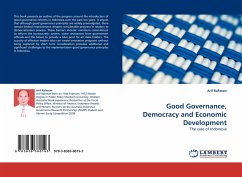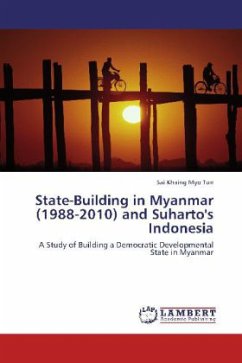As far as ethno-secessionist conflicts are concerned, post-Suharto Indonesia s foreign policy is more vulnerable to international pressures. Yet there is a limit that international pressures cannot influence Jakarta s stand. Indonesia s foreign policy, in many cases, does not, or is too late, in responding to domestic problems that have international consequences, such as ethnicities, which often creates diplomatic difficulties. As far as ethno-secessionism is concerned, the Department of Foreign Affairs (DFA) has been subordinated, especially by the military, and the DFA has mostly acted an implementing body rather than policy maker.
Bitte wählen Sie Ihr Anliegen aus.
Rechnungen
Retourenschein anfordern
Bestellstatus
Storno

